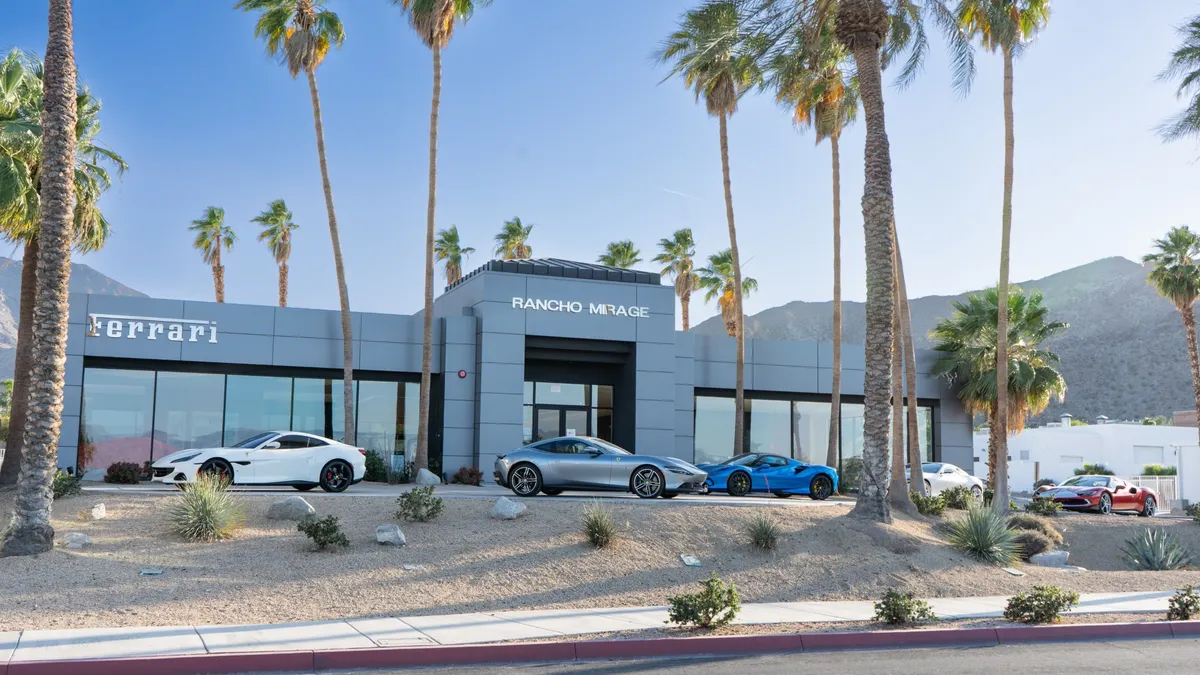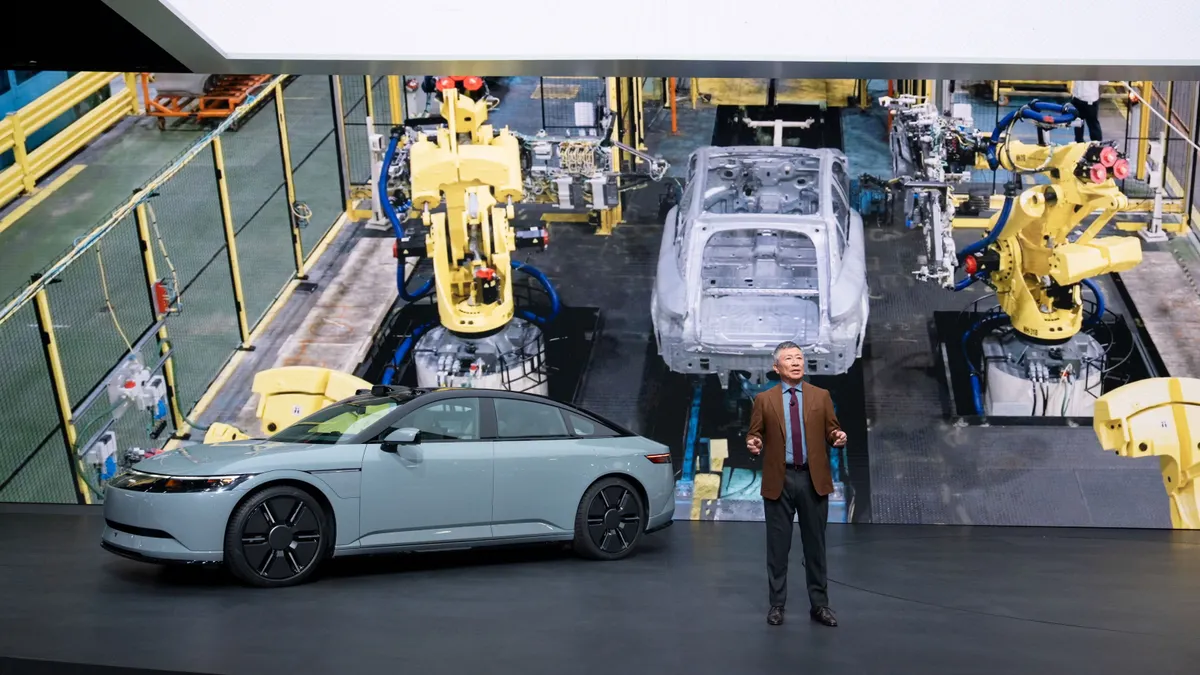Editor's note: This story is part of the WardsAuto digital archive, which may include content that was first published in print, or in different web layouts.
STRASBOURG, FRANCE – The European Union likely will establish a single type-approval and surveillance authority overseeing vehicle emissions testing and monitoring in all 28 member nations, following the revelation of the Volkswagen 2.0L TDI defeat-device scandal.
EU internal market, industry, entrepreneurship and SME Commissioner Elżbieta Bieńkowska tells the European Parliament here this week the EU “probably will want to establish a new institution on a European level” after acknowledging the bloc needs to change its current nationalized type-approval system.
Bieńkowska pledges the change in closing a 3-hour debate where there is near unanimous cross-party demand for a single EU type-approval and surveillance body.
The Italian chair of parliament’s influential environment, public health and food safety committee, Giovanni La Via, a center-right MEP from the European People’s Party group, makes clear lawmakers “would like a form of independent scrutiny.”
Meanwhile, British Conservative MEP Vicky Ford adds: “I know that it’s not possible to regulate away fraud, but proper oversight can minimize it.”
Swedish center-left Socialists & Democrats MEP Jytte Guteland stresses the need for such tests, pointing out automakers directly pay independent labs to conduct the testing, which calls into question the validity of the results.
Blaming the shortcomings on national and European regulators, Greek Socialists & Democrats MEP Nikos Androulakis argues: “This is why we need a pan-European system to check emissions, so we no longer have member states protecting their own car industries.”
Bieńkowska denies accusations Commission and national regulators knew about the VW fraud and colluded with the industry to dupe consumers.
Several lawmakers point to a 2012 report from the Commission’s own research arm, the Joint Research Centre, which flagged discrepancies between emissions levels in laboratory tests and real-driving conditions, suggesting defeat devices were being used. Dutch liberal MEP Gerben-Jan Gerbrandy questions why the Commission had not investigated sooner.
But Bieńkowska says the study was not focused on defeat devices and merely mentioned them as one possible reason for the discrepancy.
French Green MEP Karima Delli presses Bieńkowska over the May 2014 West Virginia University study showing emissions test fraud that had been presented to the U.S. EPA and the California Air Resources Board. “The information was out there, nobody reacted, nobody took action,” Delli says.
Some lawmakers blame the German government, saying it sat on the report.
“The Germany authorities had the information for 18 months and protected the fraudsters,” Luxembourg Green MEP Claude Turmes says.
Others accused both German and EU regulators of colluding with Volkswagen.
“It would be disingenuous to think a giant like Volkswagen would be willing to risk a fraud without a huge amount of complicity,” contends Italian leftist MEP Curzio Maltese:
Maltese slams the lack of regulatory oversight, asking the Commissioner: “Who’s monitoring the monitors? In the U.S., universities (are) doing the work that you should have done beforehand. Aren’t you ashamed?”
Greek left-winger MEP Sofia Sakorafa refuses to believe the Commission was unaware of the fraud, telling the House: “The commission knew since 2011 of the cover-up.”
Some lawmakers still suspect other automakers are guilty of similar emissions cheating as VW.
“Don’t be naive. I don’t believe this is just one carmaker circumventing the law,” says Romanian Socialist & Democrat Dan Nica, adding. “(But) I don’t have any proof.”
Although angry at Volkswagen management, many officials, including German Socialist & Democrat MEP Ismail Ertug, stress the need to protect workers, suppliers and the auto industry as a whole. “Let’s take a bit of distance – let’s not undermine the whole sector,” he says.
German Christian Democrat MEP David McAllister, a Volkswagen board member through 2013, then prime minister of the company’s home state Lower Saxony, says it is “irresponsible and unfair to cast aspersions on the whole workforce.”
A minority of speakers, from the right, blame overzealous EU limits for the scandal. Czech conservative MEP Evžen Tošenovský says once the crisis is over, the EU should ask itself “whether the adoption of extreme regulatory limits do not invite companies to circumvent them.”
Bieńkowska warns against hasty action, telling lawmakers: “What we need now is cold heads and strong action” both to restore trust in Europe’s car industry and “to ensure adequate compensation for citizens.”
Earlier, Bieńkowska emphasizes the Commission has “no powers of our own” to investigate the automotive sector, as this is national responsibility, but points out trade ministers agreed at the Oct. 1 competiveness council that the EU executive should coordinate action among members. “The Commission will play a full role in sorting this out,” she says.



















